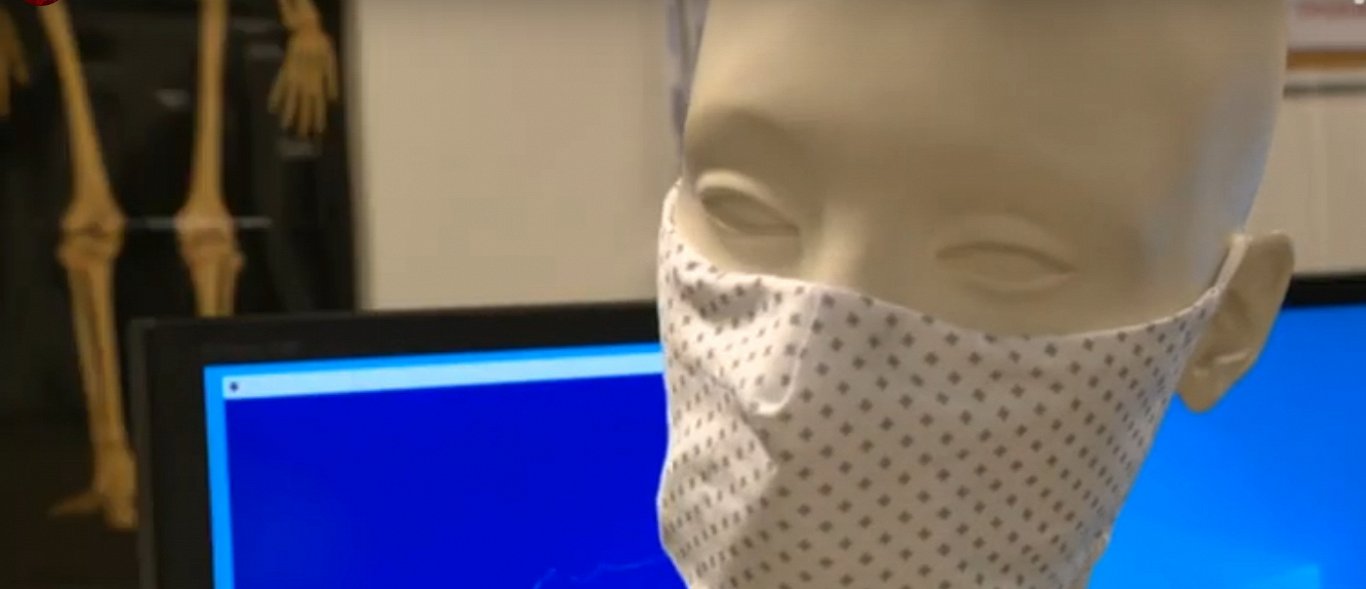Under the leadership of the RTU Design Technology Institute scientist Inga Dāboliņa, existing and new personal protective equipment is being examined in order to be able to tackle COVID-19 more effectively. Latvia has succeeded in creating a face mask that could also serve as a respirator, so it would protect the wearer much better when meeting an infected person.
“A design model for a mask that also serves as a respirator has been approved. It is shaped in such a way as to avoid leaking the air that is exhaled.
This respiratory mask is the first in the world, according to the opinion of a Danish laboratory,” Dāboliņa said.
This mask is ergonomic and fits well on the face, unlike hygiene and medical masks. The laboratory is currently working to ensure that the mask is equipped with an efficient filtration mechanism, designing new types of filters.
These masks will be reusable – they can be washed and worn again.
Test results have yet to arrive, but the new filter materials are now looking promising. At the same time, the laboratory is also studying the currently available uniforms used daily by medics.
“These people already have very hard work, but if their personal protection makes it even harder, then something needs to be done to make it easier,” Dāboliņa said. Moreover, studies show that existing outfits aren't as effective as originally thought.
“The cheapest ones don't protect at all, while the most expensive ones are very heavy, very difficult to breathe. They are very difficult to use,” explained the scientist.
Inga Dāboliņa's research shall conclude in December.



























